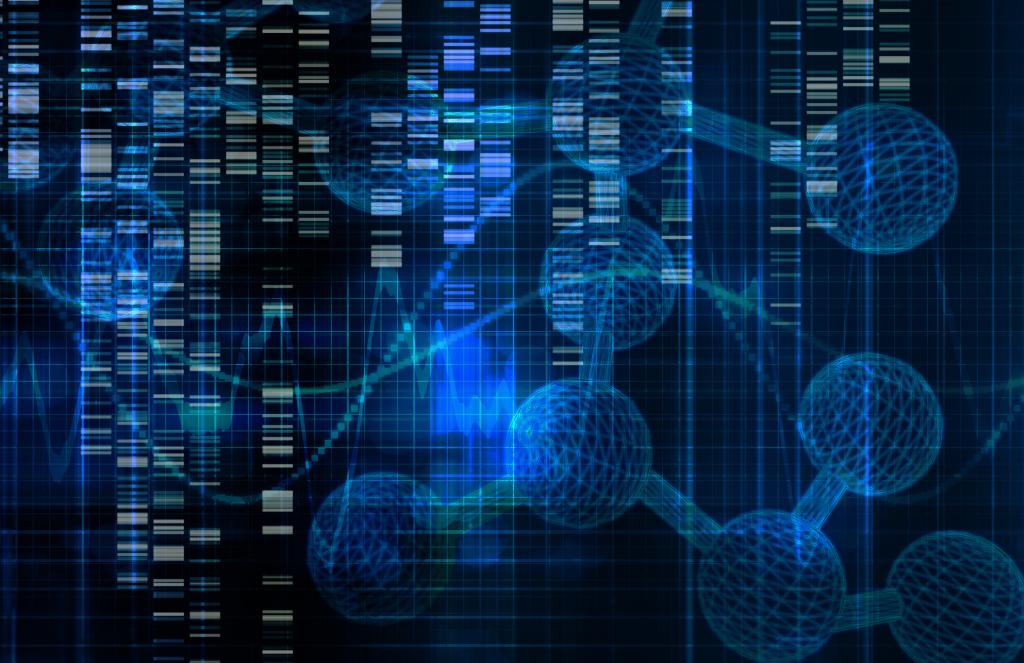Admission CTAs
Chimeron Bio and George Mason University NCBID Partner on a COVID-19 Vaccine using ChaESARTM Technology
As noted on BUSINESS WIRE--Chimeron Bio, an RNA therapeutics company, and George Mason University’s National Center for Biodefense and Infectious Diseases (NCBID), a leading institute conducting pioneering research on infectious diseases including diagnostic, therapeutics and vaccine development, announced their partnership to develop a Coronavirus (COVID-19) vaccine. The vaccine development will be based on Chimeron Bio’s ChaESARTM self-amplifying RNA technology and will integrate Mason’s complimenting expertise and Biomedical Research Laboratory (BRL), a National Institute of Allergy and Infectious Diseases/National Institutes of Health (NIAID/NIH) supported, state-of-the-art Regional Biocontainment Laboratory for the rapid screening of the company’s vaccine pipeline.
“Our collaborators at Chimeron Bio have a strong commitment to pursuing innovative, personalized treatments which aligns well with our research philosophy – exploring innovative approaches to solve big global problems,” said Dr. Aarthi Narayanan, Associate Professor of Systems Biology in George Mason University’s College of Science. “At Mason, we know that partnerships like this are critical to making time-sensitive, important biomedical discoveries,” Narayanan added.
ChaESARTM, a self-amplifying RNA delivery technology, can deliver highly immunogenic viral genes to elicit rapid and sustained immune response. ChaESAR’s ability to amplify the production of viral antigens inside the body is expected to generate a vaccine response at much lower doses compared to traditional mRNA approaches. Moreover, the ChaESARTM particle is a self-assembling delivery system which bypasses the need for expensive in-vitro RNA synthesis. Due to its superior science and manufacturing advantage, a single batch of a low-dose ChaESARTM formulation could vaccinate many more people worldwide, thereby offering a rapid, effective, and affordable solution.
“We strongly believe our self-amplifying mRNA technology is the perfect solution for the generation of COVID-19 vaccines for use both in select markets and populations around the world,” said. Dr. Afshin Safavi, Chimeron Bio Chairman of the Board.
“The Biocontainment Laboratory and Mason’s exceptional scientists are unique and valuable assets,” shared Dr. Charles Bailey, NCBID Executive Director. “We welcome this opportunity to share our resources by teaming with Chimeron Bio on this innovative approach to develop a vaccine for COVID-19.”
“ChaESAR’s ability to deliver both viral peptides and viral RNA makes it a robust anti-viral approach,” explained Dr. Thimmaiah Chendrimada, Chief Scientific Officer at Chimeron Bio. ”We anticipate the learnings from this partnership will inform additional designs as we develop effective treatment and vaccines for COVID-19 and beyond,” Chendrimada said.
COVID-19 belongs to a family of coronaviruses which can cause serious respiratory diseases. Through this partnership, the company will also test RNA therapeutics and peptide vaccines targeting other coronaviruses in addition to COVID-19.
“This collaboration will test multiple ChaESARTM vaccines enabling rapid selection of the best candidate for further development. I am incredibly proud of our combined expertise as we work to address COVID-19 and validate ChaESAR’s potential as a globally accessible vaccine platform,” said Dr. Jolly Mazumdar, CEO at Chimeron Bio.
About Chimeron Bio
Chimeron Bio is a biotechnology company focused on the research of self-amplifying RNA (saRNA) towards development of novel RNA drugs and vaccines for various diseases. The company is using its proprietary ChaESAR™ platform to develop a pipeline in oncology, rare genetic disorders, and infectious diseases. For more information, visit www.chimeron.com.
About George Mason University
George Mason University is Virginia’s largest public research university. Located near Washington, D.C., Mason enrolls more than 38,000 students from 130 countries and all 50 states. The National Center for Biodefense and Infectious Diseases (NCBID) at Mason focuses on host-pathogen interactions using proteomics and nanotechnology as they are applied to diagnostic, therapeutic, and vaccine development. NCBID manages the Biomedical Research Lab (BRL), one of thirteen Regional Biocontainment Laboratories in the U.S. constructed with funding support from the National Institute of Allergy and Infectious Diseases/National Institutes of Health (NIAID/NIH), performing pioneering research of infectious diseases, both emerging and potential bio threat agents. Learn more at ncbid.gmu.edu.
The College of Science at Mason is a leader in scientific discovery creating innovative solutions for the rapidly-changing needs of today's world. Mason's College of Science blends traditional science education with sought-after programs in disciplines as diverse as personalized medicine, infectious diseases, geoinformatics, climate dynamics, materials science, astronomy, forensic science, and applied mathematics. The College encourages meaningful education and research at all levels offering innovative undergraduate programs, minors, certificates, and graduate degree opportunities, as well as global, transfer-focused, and online, or hybrid, programs that allow professionals the opportunity to reskill or change careers. Learn more at science.gmu.edu.
